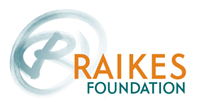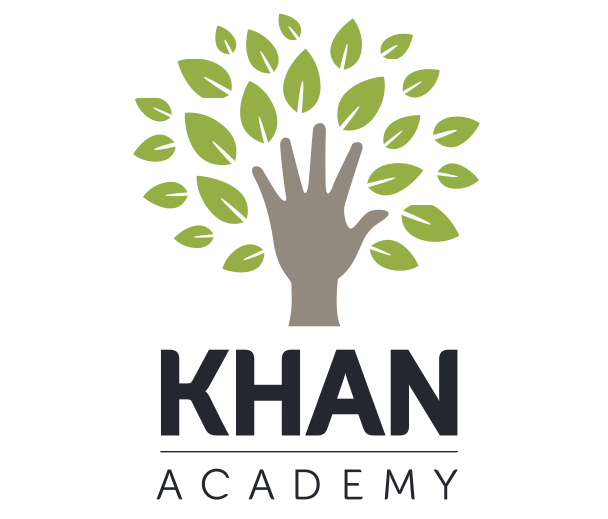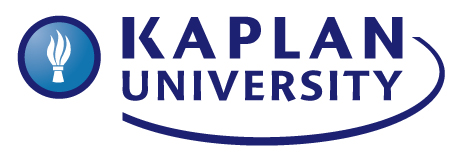The Mindset Challenge
An Initiative to Raise Achievement in Online Learning Environments
In response to the research agenda put forward at a recent White House convening on The Importance of Academic Mindsets, the Raikes Foundation and the Stanford University Project for Education Research That Scales (PERTS) started the Mindset Challenge to raise student achievement in online learning environments. The Challenge is bringing together large online learning providers and leading motivation researchers to implement and evaluate interventions designed to raise students' motivation and achievement. Through the Challenge, tens of thousands of students will participate in cutting edge programs designed to raise academic motivation. Ultimately, these programs stand to benefit millions of students because they will be designed to scale easily in online learning environments.
Table of Contents
Request for Proposals (RFP)
Researchers were invited to submit proposals by April 1st to be tested in our partner research platforms.
The submission deadline has passed, and applications are now being reviewed. Thanks to everyone who submitted proposals.
The Request for Proposals is still available for reference purposes.
Background
Recent randomized controlled trials (RCTs) show that brief, carefully designed interventions can change how students think about school in ways that affect their academic motivation and raise their achievement (1, 2). These mindset interventions help students understand learning in more adaptive and empowering ways that help them stay motivated and resilient.
Mindset interventions do not directly teach academic content. Rather, they help students think about learning in more adaptive ways that help them make the most of the learning opportunities they already have. For example, research shows that many students work harder in school when they are taught that they can increase their intelligence through deliberate study and practice (3, 4) or when they are helped to understand the relevance of their schoolwork to their personal goals (5). Because mindset interventions aim to shape students' basic beliefs about learning, their effects can persist over periods of months and even years. Their brevity and long-term effects give them considerable potential as scalable tools for education improvement. Online learning environments offer a unique opportunity to quickly test and realize that potential.
Many online learning platforms collect detailed learning data on thousands or even hundreds of thousands of students, and their web-based format makes it easy to track student outcomes and assign students to learn under different conditions. Because of this, online learning environments provide an ideal platform to disseminate and evaluate mindset interventions quickly, cost-effectively, and with high fidelity. Furthermore, interventions that are found to be effective can continue to be broadly implemented in these environments indefinitely at an extremely low cost.
Recognizing the opportunity for high-impact research afforded by partnerships between behavioral scientists and online learning platforms, the participants at a recent meeting of mindset researchers, educators, and policy makers at the White House agreed that such research is an important national priority. In response to this call, the Raikes Foundation and the Stanford University Project for Education Research That Scale (PERTS) have created the Mindset Challenge.
Objectives
The primary goal of the Challenge is to identify and disseminate educational practices that reliably improve learning outcomes in real-world online learning environments. To accomplish this goal, the Challenge will bring together large online learning providers and behavioral scientists who can apply the insights of psychological science to affect achievement at a low cost and on a large scale. Starting in early 2014, the Challenge will facilitate a series of randomized controlled experiments with 1,000s to 10,000s of students. The results of these experiments will made public as they become available in 2014, and they will be used as a springboard for further innovation in academic motivation.
Partners
The PERTS Lab at Stanford University will organize the Challenge and provide the logistical and technical support needed to keep collaboration between learning platforms and researchers smooth and productive. The Raikes Foundation will provide financial backing and organizational advising. The Khan Academy, Kaplan University, and the Florida Virtual School will act as partner research sites. They will provide Challenge researchers with access to their large student populations so that new ways to shape student mindsets can be evaluated and disseminated on a large scale.
Members of the research and education communities are encouraged to participate in the Challenge by recommending specific practices (mindset interventions) to implement and evaluate. See the Request for Proposals for more information.
Key Contacts
For inquiries about the Mindset Challenge, email challenge@perts.net.
Principal Organizer
Dave Paunesku, Executive Director
Stanford University PERTS
Associate Organizer
Daniel Greene, Doctoral Candidate
Stanford University Graduate School of Education
Raikes Foundation
Craig Wacker, Program Officer
Raikes Foundation
White House
Randy Paris, Confidential Assistant
White House Office of Science and Technology Policy
Academic Advisor
Greg Walton, Assistant Professor
Stanford University Department of Psychology



